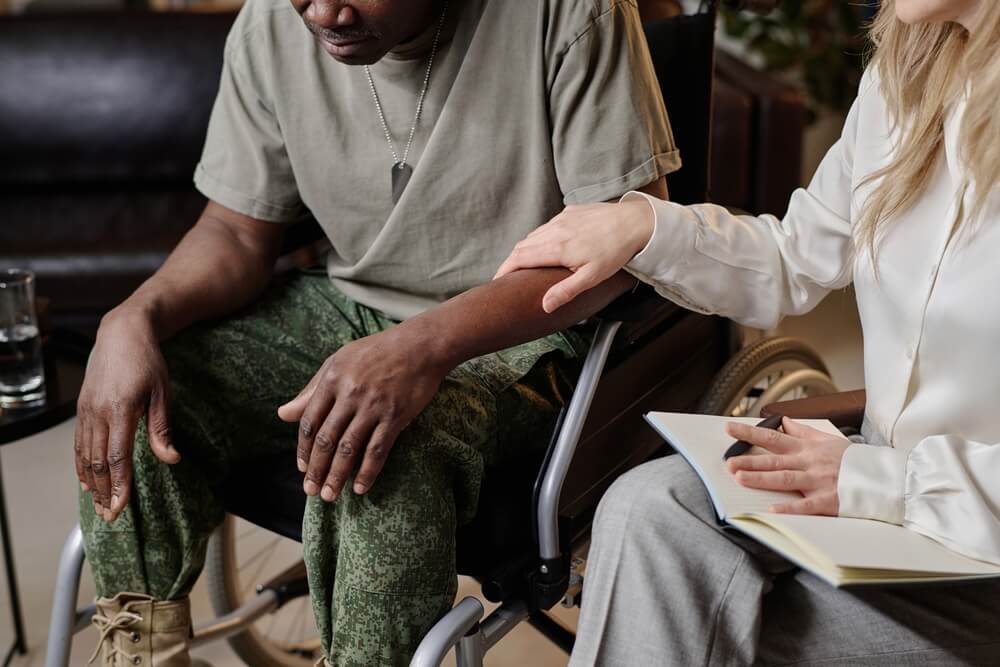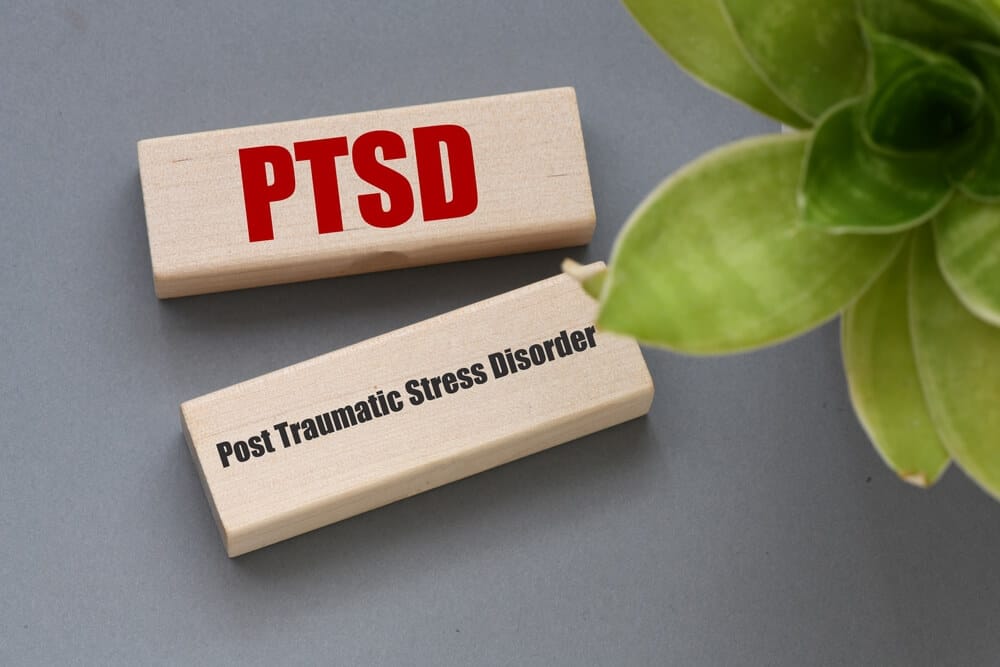The psychological toll of war on military personnel and veterans is profound and far-reaching, often persisting long after physical combat has ended. War exposes individuals to extreme trauma, including witnessing death, experiencing life-threatening situations, losing comrades, and being forced to make split-second decisions with life-or-death consequences. These experiences can fundamentally alter brain chemistry and neural pathways, leading to a range of mental health issues and conditions, including flashbacks from war, PTSD, depression, anxiety, and substance abuse disorders.
The constant state of hypervigilance required in combat zones can make it extremely difficult for veterans to readjust to civilian life, where the brain continues to perceive threats that no longer exist. Many veterans struggle with survivor’s guilt, moral injury from actions taken or witnessed during combat, and a sense of disconnection from their pre-war identity and relationships.
Flashbacks from war represent one of the most debilitating symptoms of war-related trauma, creating a cycle where past traumatic events intrude violently into present-day life. These vivid, involuntary re-experiences of combat situations can be triggered by seemingly innocuous stimuli such as loud noises, crowds, specific smells, or even certain weather conditions, causing veterans to feel as though they are reliving the original trauma.
During flashbacks, the brain’s fight-or-flight response activates as if the danger were immediate and real, leading to panic attacks, aggressive behavior, emotional numbness, or complete dissociation from reality. This constant threat of re-experiencing trauma creates chronic stress, sleep disturbances, and avoidance behaviors that significantly impair daily functioning, relationships, and career prospects.
The unpredictable nature of flashbacks and PTSD in veterans often leads to social isolation, as veterans may withdraw from situations or people that might trigger these episodes, ultimately perpetuating a cycle of mental health deterioration that requires specialized treatment and long-term support to address effectively.

Who Is Most Vulnerable to the Psychological Effects of War?
Certain groups within military populations face heightened vulnerability to the psychological effects of war due to various risk factors and circumstances. Combat personnel who experience direct engagement with enemy forces, witness severe casualties, or participate in high-intensity operations face elevated risks of developing PTSD and other trauma-related conditions.
Younger service members, particularly those deployed during their late teens or early twenties, may be more susceptible as their brains are still developing, and they have fewer life experiences to draw upon for coping mechanisms. Military personnel with previous histories of mental health issues, childhood trauma, or family histories of psychological disorders also show increased vulnerability. Also, those who experience multiple deployments, extended tours of duty, or serve in particularly volatile regions face cumulative trauma exposure that compounds their psychological risk.
Support personnel and military medical staff represent another highly vulnerable population, as they often witness the immediate aftermath of combat without the same psychological preparation or unit cohesion as front-line troops. Military sexual trauma survivors face unique psychological challenges that compound war-related stress, while service members from marginalized communities may experience additional stressors related to discrimination or a lack of culturally competent care.
Women in combat roles, military families dealing with repeated separations, and veterans transitioning to civilian life without adequate support systems also demonstrate heightened susceptibility to psychological effects. Individual factors such as pre-existing mental health conditions, limited social support networks, financial stress, and difficulty accessing mental health services can further increase vulnerability.
Understanding these risk factors is crucial for developing targeted prevention programs and ensuring that the most at-risk populations receive appropriate screening, support, and treatment during and after their military service.
Mental Health Treatment That Works
Call 949-625-0564How Do Depression and Anxiety Manifest in Combat Veterans?
Depression in combat veterans often manifests differently than in civilian populations, frequently intertwining with combat-specific experiences and military culture. Veterans may experience persistent feelings of hopelessness, guilt, and worthlessness that are directly tied to their war experiences, such as survivor’s guilt over lost comrades or moral injury from actions taken during combat.
Depression can present as emotional numbness or detachment, making it difficult for veterans to connect with family members and civilian friends who cannot relate to their experiences. Many veterans needing depression treatment in California struggle with a profound sense of purposelessness after leaving the structured, mission-driven environment of military service, leading to feelings that civilian life lacks meaning or direction.
Anxiety in combat veterans frequently manifests as hypervigilance and an inability to feel safe in everyday situations that civilians take for granted. Veterans may experience constant scanning of their environment for potential threats, difficulty sitting with their backs to doors or windows, and intense startle responses to sudden noises or movements.

What Are the Long-Term Behavioral Changes Seen in War Survivors?
War survivors often experience significant long-term behavioral changes that affect their ability to function in civilian society and maintain healthy relationships. Many veterans develop persistent hypervigilance behaviors, such as constantly scanning environments for threats, preferring to sit with their backs to walls, avoiding crowded spaces, and maintaining heightened awareness even in safe situations.
Social withdrawal becomes common as veterans struggle to relate to civilian concerns and may feel that others cannot understand their experiences, leading to isolation from family and friends. Emotional regulation difficulties frequently emerge, with some veterans experiencing explosive anger or irritability over minor issues, while others become emotionally numb and struggle to express affection or connect intimately with loved ones.
Substance use patterns frequently change as veterans attempt to self-medicate trauma symptoms, with increased alcohol consumption, prescription drug misuse, or recreational drug use becoming coping mechanisms for managing anxiety, depression, and intrusive memories. Risk-taking behaviors may increase as some veterans seek the adrenaline rush they experienced in combat, leading to reckless driving, extreme sports participation, or other dangerous activities.
Why Do Many Veterans Avoid Seeking Help After War?
Many veterans avoid seeking help after war due to deeply ingrained military cultural values that emphasize strength, self-reliance, and the ability to handle adversity without assistance. The military training that teaches soldiers to push through pain, maintain composure under pressure, and never leave a fellow soldier behind can paradoxically work against seeking mental health treatment in California, as veterans may view asking for help as a sign of weakness or failure.
The warrior mentality that served them well in combat creates a psychological barrier to acknowledging vulnerability or admitting they cannot handle their problems independently. The tight-knit brotherhood and shared understanding within military units can make veterans feel that only fellow service members truly understand their experiences, leading them to believe that civilian mental health professionals cannot provide meaningful help or relate to their specific trauma.
Fear of consequences and stigma represent another significant barrier to help-seeking behavior among veterans. Many worry that seeking mental health treatment will negatively impact their military careers, security clearances, or future employment opportunities, particularly in law enforcement or other fields that conduct psychological evaluations.
Access Treatment for Flashbacks From War at Moment of Clarity
Specialized mental health clinics, like Moment of Clarity in Southern California, designed for military members, provide targeted, evidence-based treatments specifically developed to address combat-related flashbacks from war and trauma symptoms. Our outpatient clinics employ mental health professionals who understand military culture, combat experiences, and the unique psychological challenges faced by service members and veterans.
To learn more about how flashbacks from war can be a sign of PTSD and where to find effective outpatient treatment options for veterans, call Moment of Clarity at 949-625-0564 today.
External Sources
- U.S. Department of Veterans Affairs – Depression Treatment for Veterans
- National Library of Medicine – Veteran and Military Mental Health Issues
- U.S. Department of Veterans Affairs – Many veterans’ mental health issues go untreated




